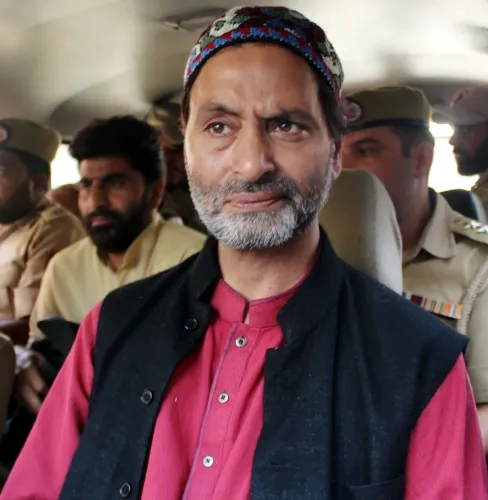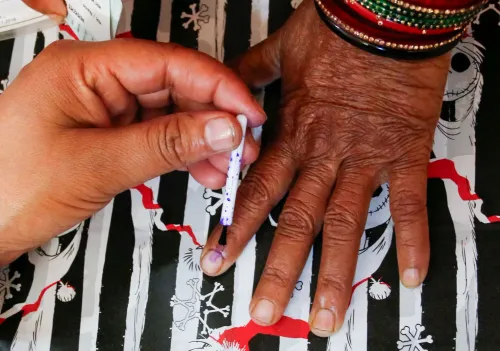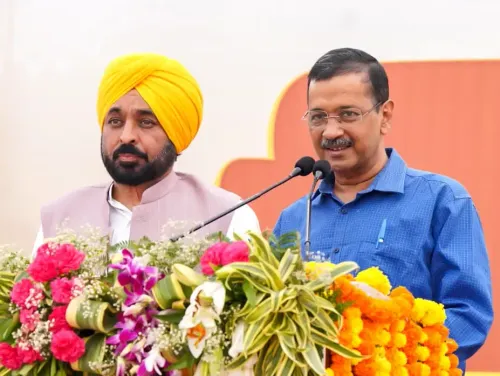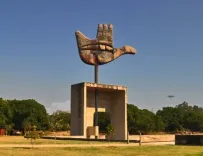Should Every District Establish Temporary Detention Centres for Infiltrators? UP CM Directs DMs
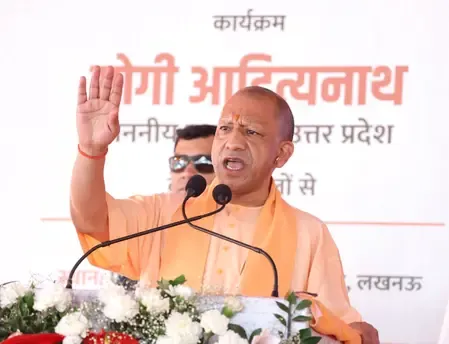
Synopsis
Key Takeaways
- Establishment of detention centres in every district to house infiltrators.
- Zero tolerance policy against illegal immigration.
- Focus on national security and law enforcement.
- Ongoing political implications and potential controversies.
- Need for a balanced approach considering humanitarian aspects.
Lucknow, Nov 22 (NationPress) In the midst of a heated dialogue surrounding infiltrators, particularly highlighted during the Bihar elections, the Uttar Pradesh government has laid out a definitive strategy aimed at expelling them, thus eliminating any potential influence on the nation's democratic and electoral landscape.
On Saturday, Chief Minister Yogi Adityanath instructed the District Magistrates (DMs) to execute prompt and robust measures against infiltrators and unauthorized immigrants residing unlawfully in the state.
A statement from the government indicated that DMs have been tasked with locating illegal immigrants across all 75 districts and detaining them in temporary facilities until their lawful removal.
National security, law and order, and social cohesion are paramount, and there should be no leniency towards illegal activities, was the strong message conveyed by CM Yogi to the DMs.
All district authorities have been ordered to pinpoint illegal immigrants in their jurisdictions and take appropriate legal action.
“The Chief Minister has mandated the creation of temporary detention centres in each district to accommodate identified infiltrators,” according to a government announcement.
This initiative to eliminate infiltrators reinforces the Yogi government’s strict stance against ‘outsiders’, specifically referring to nationals from Bangladesh and Pakistan, as well as Rohingya Muslims. Current estimates suggest that over 1.5 crore illegal immigrants are residing in the nation.
Earlier this year, the Uttar Pradesh police launched a campaign to ‘identify and isolate’ illegal immigrants suspected of living in the state with fraudulent identity documentation.
As these directives emerge in light of the Election Commission's voter purification initiative, the matter is poised to escalate into a significant political controversy, likely inciting strong opposition from various parties.

